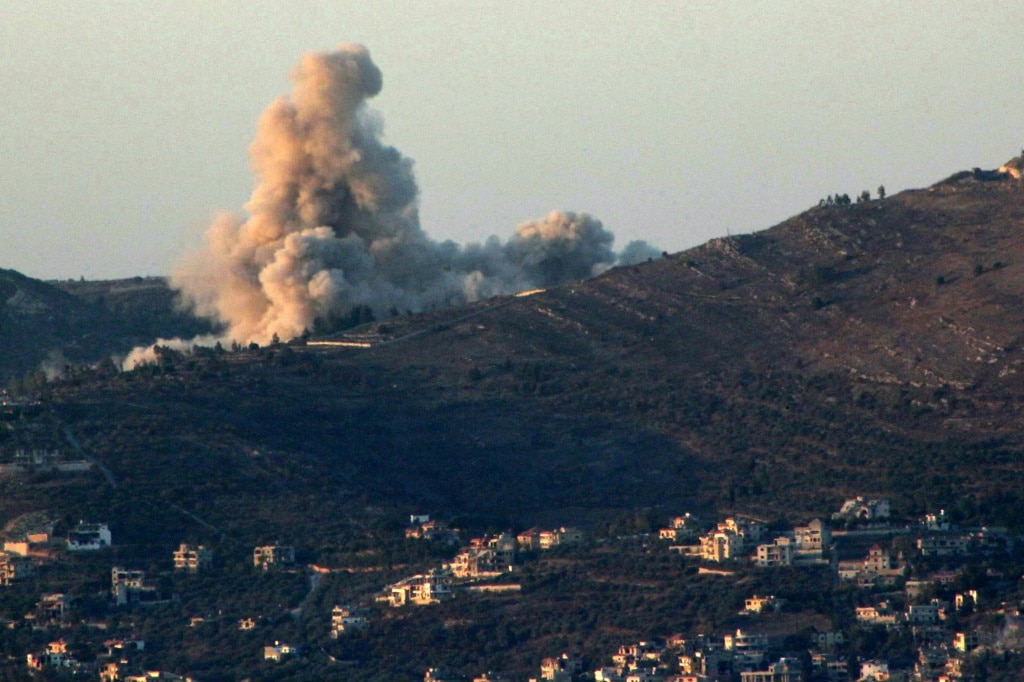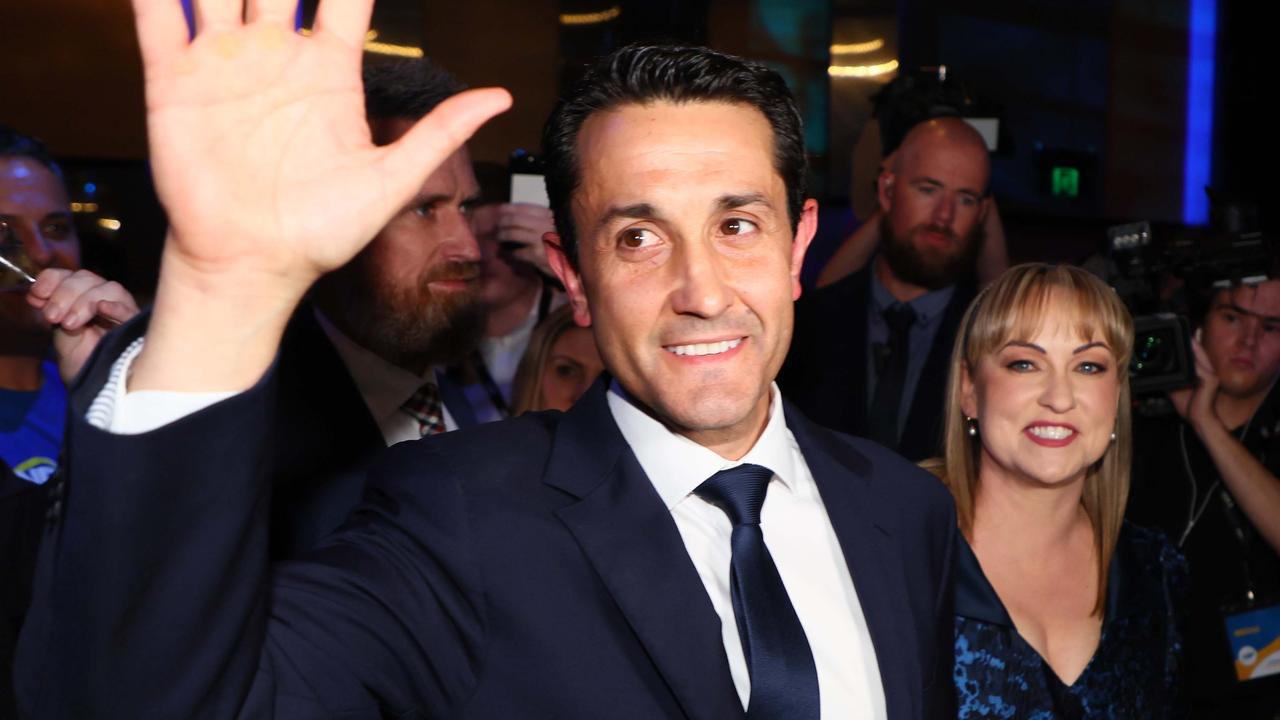What we know about the Israeli strikes on Iran
What we know about the Israeli strikes on Iran
Breaking News
Don't miss out on the headlines from Breaking News. Followed categories will be added to My News.
Iran said Israeli air strikes targeting its military sites killed two soldiers on Saturday, after Israel said its warplanes carried out raids in retaliation for a missile barrage.
Here's what we know:
- What happened? -
The Israeli army said it conducted "precise strikes on military targets in Iran" on Saturday.
Explosions were heard in Tehran from around 2:15 am, AFP journalists in the Iranian capital said.
Iranian state television said the blasts were caused by the "activation of the air defence system" in response to an Israeli attack.
The Israeli military said it simultaneously struck missile manufacturing facilities, surface-to-air missile arrays and other "aerial capabilities".
It said later that the air attack had "concluded" its response to Iran's October 1 missile attack, saying its warplanes had returned safely and the mission was "fulfilled".
Iran's air force confirmed strikes on military bases in Tehran, Khuzestan and Ilam provinces that "caused limited damage".
The army said two soldiers were killed, while the country's civil aviation authority announced the resumption of flights after a brief suspension.
The foreign ministry said Iran had the "right and the duty to defend itself", citing the UN Charter.
State media in Syria said Israel also launched air strikes on its territory from the occupied Golan Heights and Lebanon
Iran and Syria are allies in the so-called "axis of resistance" that also includes Hezbollah in Lebanon and Hamas in Gaza.
Hezbollah said it had fired rockets at a northern Israel intelligence base and drones at an airbase in the south of the country. The Israeli military said that around 80 projectiles were fired.
- Why did Israel attack? -
The Israeli military said it had launched the strikes "in response to months of continuous attacks" from the Islamic republic.
"The regime in Iran and its proxies in the region have been relentlessly attacking Israel since October 7th —- on seven fronts —- including direct attacks from Iranian soil," it said.
Israel had vowed revenge against Tehran for the October 1 missile attack.
Defence Minister Yoav Gallant had said Israel's retaliation would be "deadly, precise and surprising".
Iran launched around 200 ballistic missiles at Israel in retaliation for the killing of Tehran-backed leaders belonging to Hamas and Hezbollah, and an Iranian Revolutionary Guard general.
It was Tehran's second-ever direct assault on Israeli territory, following an April attack in retaliation for a deadly strike on Iran's consular annex in Damascus.
Israel has been fighting Iran-backed Hamas in the Gaza Strip since the Palestinian militant group's October 7, 2023 attack which resulted in the deaths of 1,206 people in Israel, mostly civilians, according to an AFP tally of Israeli official figures.
The Lebanon-based Hezbollah group, also backed by Tehran, has fired missiles at Israel in solidarity with Hamas since the Hamas attack which triggered Israel's massive military assault in Gaza.
- World reaction? -
The United States and Britain called for "de-escalation" after the Israeli strikes on Iran, while Muslim countries blamed Israel for exacerbating the conflict.
White House National Security Council spokesman Sean Savett said the "targeted strikes on military targets" were "an exercise of self-defence", stressing the United States did not take part.
"It is our aim to accelerate diplomacy and de-escalate tensions in the Middle East region," he said.
British Prime Minister Keir Starmer called for "all sides to show restraint" and Germany warned Tehran against "massive escalating reactions".
Russia urged both sides to halt the violence with foreign ministry spokeswoman Maria Zakharova, warning of an "explosive escalation".
Turkey called for an end to what it called "Israeli terror"
Saudi Arabia condemned Israel and warned against any further expansion of the conflict in the Middle East.
Syria expressed its "solidarity" with Iran, saying it supported its right to defend itself, while Iraq denounced global inaction against what it called Israel's "aggressive policies".
Qatar, a mediator trying to end the Gaza war, expressed its "deep concern about the serious repercussions that may result from this escalation" by Israel.
Oman, which has long played a mediating role between Iran and Western countries, said Israel's attack on Iran "fuels the cycle of violence and undermines efforts" to de-escalate.
burs-/dc/dcp
Originally published as What we know about the Israeli strikes on Iran


